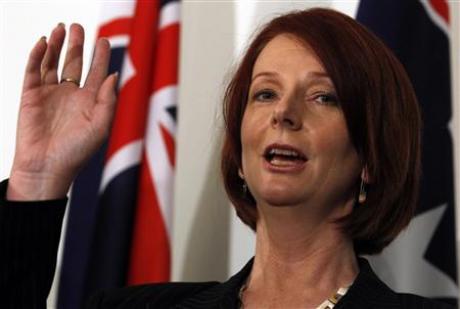When you see a group of pollies join together to discuss taxes, beware.
The outcome of three days planning on the future of taxes in Australia always results in the same outcome. Future predictions of increases to tax allowances and changes to current tax levels.

Taxation is the ability of those in power to put their hands in our pockets and take our well earned money. It has always been that way.
In olden days, tax means to touch…and we have been touched time and time again.
Years ago our parents had a box, and when the wage earner brought home the wages the wife divided the money into the box compartments, some for food, bills, holidays etc. If times were tough they had to cut their budget. Imagine saying to your husband we are short this week so I am going to tax you to get more money.
The pollies when the budget is short, instead of cutting their budget, they tax us even higher. It seems ridiculous, but it’s what the pollies are doing everytime they need more money.
Why don’t they balance the books? Cut allowances, track the over spenders and reduce wastage.
The PM, Julia Gillard, could advise Mr Rudd to not take any journeys outside Australia. At least advise him not take a large group with him. The expensive hotels, drawing expenses, chauffeur driven cars…
Why do we have defence costs in Afghanistan? Other Asian countries manage not to get involved .
Government promises to spend our taxes in the future on schools, universities, hospitals, more prisons and policemen and more nurses and teachers.
They collect the tax but where is the extras that have been promised? Where does the money go, and why is it not tracked more effectively?
Taxation is not wrong…we need to tax efficiently. But more importantly, we need more effective controls on where the money is spent .
Carbon Tax is not proven to reduce carbon. You need to know before you introduce any tax, will it work, how much will it generate,what damage controls are in effect and where will the money be spent. Who takes responsibility and the punishment if it fails to produce its goals, and who pays for any monies badly managed?
With taxes comes penalties. This should apply to the tax payer and the tax money spender.
Three day forum or just another pay day for pollies.
Putting on a tax raises money for the government to spend, it does not guarrantee any change to carbon levels. We should always be aware of how tax money is to be spent before the tax is implemented. Taxes on petrol and GST should be the first to be cut at every budget. They are the ones which effect the lowest paid and pensioners the most.
More care, more control, more responsibility…NOT new carbon taxes.
by Danny Mason

